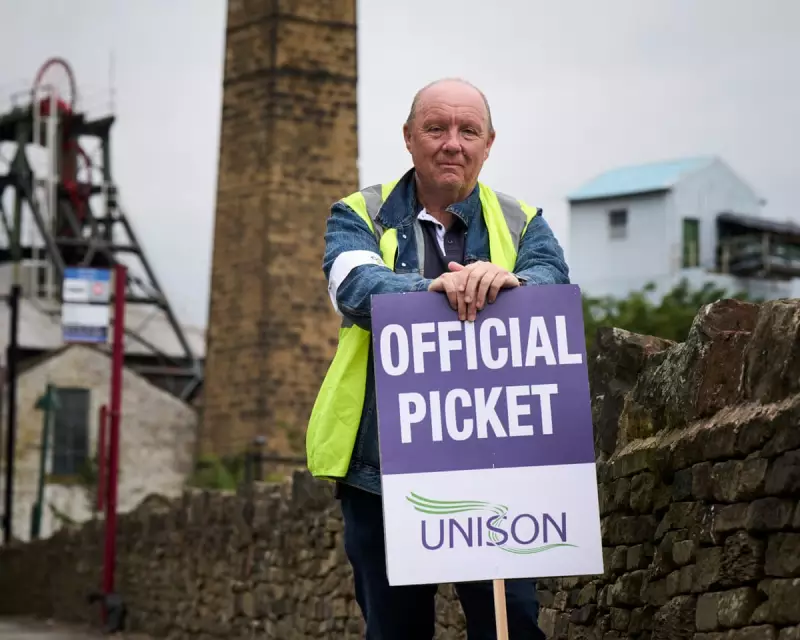
In a move brimming with historical significance, veterans of the brutal 1980s miners' strikes have once again taken up placards, this time outside the very institution preserving their legacy. The National Coal Mining Museum in Wakefield, West Yorkshire, became the unlikely stage for a fresh wave of protests this weekend.
A New Battle for an Old Cause
The demonstration, organised by the National Union of Mineworkers (NUM), targets plans to redevelop the site into a broader 'Museum of the North.' Protesters vehemently oppose this shift, arguing it will dilute the specific and sacred history of coal mining and the communities built around it.
For many, the return to the picket line was an emotional journey back in time. They stood shoulder-to-shoulder, not just as former colleagues, but as custodians of a heritage they fear is being whitewashed and commercialised.
Echoes of the Past
The scene was powerfully reminiscent of the 1984-85 strikes, a defining period of British industrial relations. Chants of "Coal not Dole" once again filled the air, sung by those who lived through the original conflict and a new generation of supporters.
Many drew direct parallels between the government policies of the Thatcher era and the current plans, seeing both as attacks on northern industrial identity and working-class history.
The Heart of the Dispute
At the core of the conflict is a fundamental question: who gets to tell the story of the mines? The former miners accuse museum management and its funders, including the Wakefield Council and the Arts Council, of sidelining their lived experience in favour of a more generic, tourist-friendly narrative.
Plans to potentially charge entry to a site that has always been free, using the iconic headstocks as a "background canvas," were cited as particular points of contention, seen as a betrayal of the museum's original purpose.
A Resolute Stand
Union representatives have made it clear that this is not a mere symbolic gesture. They have pledged to maintain a permanent presence, with protests planned every weekend, signalling a long-term campaign to protect what they view as a memorial to their industry and their struggle.
This protest transcends a simple disagreement over a museum; it is a fight for the preservation of memory, a stand against the erosion of community identity, and a powerful reminder that the embers of the past can still ignite the passions of the present.




